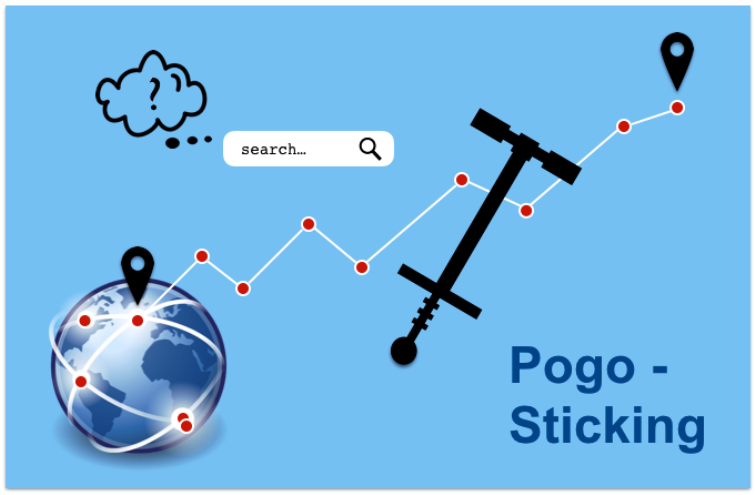Simple 200 Factors For Rank Higher in Google

BACKLINK FACTORS
Don’t miss: Top 10 Off Page SEO Techniques
- Linked Domain Age: Backlinks from older Domain are more commanding than backlinks from new domains.
- Number of Linked Root Domains: Google’s algorithm also considers the number of referring domains as a ranking factor.
- Number of Links from separate IP’S: Links from separate IP addresses makes Google realise that an extensive list of sites is linking to you.
- Number of Linked Pages: Number of pages linked, whether on some other domain or on the same domain is also counted in ranking factors.
- Alternative Tags: Not a surprise, alternative tags are important for image linking.
- Links from .gov / .edu domains: .edu and .gov are the top level domains, which if link your website in them, it obviously makes your website’s place special.
- PageRank of Linking Page: What authority does the website which is referring your page holds, this also matters in ranking of your website.
- PageRank of Linking Domain: The authority of referring domain matters in ranking as well.
- Links from Competitors: Links from the websites of your competitors who list high in Search Engine makes your site more reputed.
- Social Shares: The number of social shares the page which has linked your website is getting also influences the value of the link.
- Links from Bad Sites: If wrong sites are linking you on their page, it will harm your ranking.
- Guest Posts: Allowing Guest Posts is a good idea of SEO, but contextual link is more valuable in comparison. List of blog that accept guest posts
- Links to Home Page Domain: This means that if your website is linked on the home page of a reputed site then it is a plus.
- NoFollow Links: Having a definite percentage of Nofollow links may also differentiate a profile between natural and unnatural.
- Range of Link Types: Having a large number of links from a single domain signifies spam so don’t let that happen.
- Link Partners or Sponsored Links: Use of these terms decreases the value of a link.
- Contextual Links: Links entrenched inside the text of a page gives you more value as compared to links given elsewhere like in Comment Box etc. These embedded links are contextual links.
- Excessive 301 Redirects: This weakens the Page Ranking of your website.
- Backlink Anchor Text: Earlier it was very important, now holds less value. You can read more about it here
- Internal Link Anchor Text: Internal Link is also weighted in ranking factor.
- Link Title Attribute: This is the text which appears when you move the cursor over the link. It is a weak signal.
- Links from Country specific Domains: If your website is linked in country specific domain names then it will help your website getting higher ranking in the country.
- Placement of Link in the Content: If your link exists in the starting of the content then it weighs less as compared to if it is placed in the end.
- Placement of Link in the Page: As I’ve told you earlier, link entrenched or embedded in the content is better than the link placed elsewhere like in sidebars or comment boxes.
- Relevance of Linking Domain: The site which has given your link is relevant to your niche or not also matters. A site whose niche is relevant to you impacts better than the irrelevant site.
- Relevance of Page: It is almost same as above. Link from a relevant page is stronger than the link from unrelated pages.
- Comments related to the Link: If your link holds negative image, that is, if your link has got a negative review then it is a minus. Links with positive reviews are more powerful and are preferred.
- Keyword in Title: Google prefers the sites whose keywords are present in their title.
- Positive Link Velocity: A link with positive velocity gets a Ranking priority.
- Negative Link Velocity: A link with negative velocity is obviously a minus and signifies decreasing reputation.
- Links from Core Pages: It has also been claimed that links from pages which are specialised on a particular topic are given priority. For example your website is on the topic of gadgets and your backlink has been created on the website which tops in the field of gadgets then it is a benefit.
- Link from Expert Sites: Again the same point, getting a link from an expert site is more powerful than getting a link from a Microniche site.
- Link from Wikipedia: Wikipedia is the largest source of information so getting a link from it adds trust on your website.
- Co-Occurences: You can read about it here
- Age of the Backlinks: Newer backlinks have less Ranking Power as compared to older backlinks.
- Links from Sites v/s Blogs: Links from original sites are given more priority than links coming from bogus blogs.
- Natural Links: Natural links profiles get higher ranking.
- Communal Links: This scheme should be avoided as listed by Google Link Schemes
- User Generated Links: It matters to Google that the link is from the owner of the original site or it’s from one of its user. To exemplify consider a link from WordPress.com and one from bestgadgets.wordpress.com. Obviously the later one has less power and the first one is stronger.
- Links from 301: Direct link is better than a 301 link.
- Schema.org Microformats: Pages supporting microformats may be preferred over pages not supporting them.
- Sites Listed in DMOZ: Google trusts sites listed in DMOZ.
- Linking Site’s Trust Rank: The trust of the site linking to yours determines the trust of your site.
- Number of Out Bound Links: The number of Out Bound links must neither be very less nor be very more. A page containing so many Out Bound links are preferred less.
- Forum Profile Links: Google degrades links from Forum Profiles.
- Word Count of Linking Content: A link from content with a large number of word counts is more valued than a link from few lined articles.
- Quality of Linking Content: Obviously a link from an eminent content is appreciated than a link from a poorly written article.
- Sitewide Links: These are compacted to form a single link.





